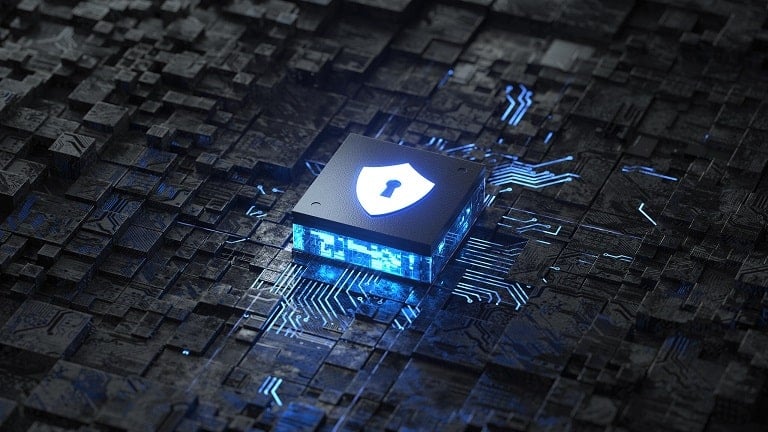It is crucial to protect sensitive information. Professionals with the necessary understanding are essential as organisations struggle with more complex cyber threats. This demand is fully met by the well-known programme in the industry known as CISSP Training. This blog explores the function of cryptography in CISSP Training and emphasises the importance of this subject in guaranteeing data security. Read on to learn more about the crucial connection between cybersecurity and cryptography, whether you’re wondering how SSCP vs CISSP vary or looking to improve your grasp of cryptographic fundamentals.
Unveiling the Importance of CISSP Training
CISSP Training, or Certified Information Systems Security Professional Training, is a well-known programme created to convey thorough information security expertise. Through this training, professionals gain a comprehensive grasp of the numerous cybersecurity fields, including cryptography, a key component of data security.
Cryptography: The Guardian of Data Confidentiality
Cryptography is to convert plaintext data into a format that cannot be read without the proper decryption key. A subset of cryptography called encryption methods protects data secrecy by rendering intercepted data worthless to unauthorised parties. CISSP Training focuses on different encryption methods, their advantages and disadvantages, and the best ways to use them.
Data integrity is crucially maintained through cryptography. Cryptographic principles are used by digital signatures to confirm the legitimacy of digital documents. Professionals who participate in CISSP Training are made aware of the value of digital signatures in maintaining the integrity and reliability of data throughout its lifespan.
Key Elements of Cryptography Covered in CISSP Training
The distinctions between symmetric and asymmetric encryption are covered in CISSP Training. Depending on criteria including speed, key distribution, and security needs, professionals understand when to employ each kind. Making wise judgements to safeguard data successfully requires an understanding of these subtleties.
PKI is a sophisticated cryptographic architecture that uses public and private keys to enable safe communication. Along with describing the PKI’s components, CISSP training shows participants how to administer digital certificates, build trust, and deal with key distribution difficulties.

Addressing SSCP vs CISSP: A Brief Distinction
Although (ISC)2 offers SSCP (Systems Security Certified Practitioner) and CISSP certificates, they target various cybersecurity professions and skill sets. While the CISSP exam includes a wider variety of topics, such as cryptography, the SSCP is best suited for practitioners focusing more on operational security.
Compared to SSCP, CISSP Training calls for more in-depth professional experience and a better grasp of diverse areas. A minimum of five years of combined paid job experience in two or more of the eight covered areas are usual for aspiring CISSP experts. Strong data security practises are fostered within organisations thanks to CISSP training. An in-depth study of cryptography and its applications equips professionals with the knowledge and abilities to develop robust security methods.
Applying Cryptography to Real-World Scenarios
By demonstrating the practical use of cryptography in actual contexts, CISSP training goes beyond only imparting theoretical information. To protect sensitive data from possible attacks, professionals learn to analyse security risks, choose appropriate cryptographic solutions, and apply them successfully. In this part, we’ll look at how CISSP Training gives people the know-how they need to employ cryptography strategically to address difficult cybersecurity concerns.
Conclusion
A crucial part of CISSP training is empowering professionals to meet these issues. As a key component of cybersecurity, cryptography has a central position in CISSP training. Through this instruction, people learn the subtleties of cryptographic methods and the encompassing facets of data security. The knowledge acquired via CISSP Training remains a potent weapon in the battle to protect sensitive information from prying eyes as the industry changes and cybersecurity needs rise.
